
Exhibition time: 17-19 March, 2026 Shanghai, China
 中文
中文

Exhibition time: 17-19 March, 2026 Shanghai, China
 中文
中文
What's the Function of Potassium (K) in Plants?
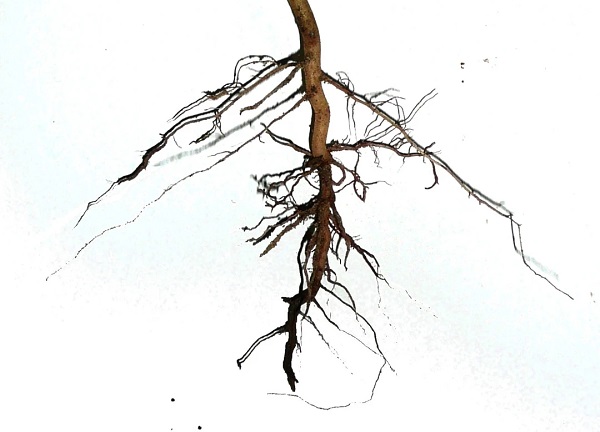
Potassium is a paramount macro-element for overall survival of living things. It is an abundant mineral macronutrient present in both plant and animals tissues. It is necessary for the proper functionality of all living cells.
Potassium is relatively abundant in the earth's crust making up to 2.1% by weight. Potassium is mined in the form of potash (KOH), sylvite (KCl), Carnallite and Langbeinite. It is not found in free nature.
Why is Potassium Important to Plants?
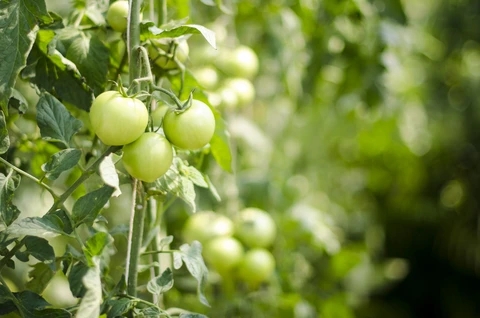
Potassium is an indispensable constituent for the correct development of plants.
It is important in photosynthesis, in the regulation of plants responses to light through opening and closing of stomata.
Potassium is also important in the biochemical reactions in plants.
Basically, potassium (K) is responsible for many other vital processes such as water and nutrient transportation, protein, and starch synthesis.
How Do Plants Uptake Potassium?
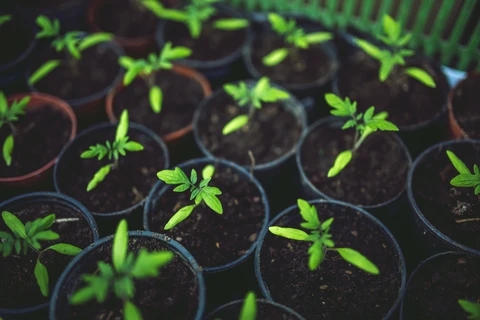
Bio-availability and uptake of K by plants from the soil vary with a number of different factors.
The rate of respiration by plants is largely the determining factor for proper uptake and transport of potassium by plants. Its uptake is dependent on sufficient energy (ATP).
Potassium plays a vital role in the trans-location of essential nutrients, water, and other substances from the roots through the stem to the leaves.
It is also made available through fertilizers in the form of K2O. Plant tissues analyze the form in these fertilizers and convert it in a more bio-available form.
It is absorbed in the form of ions- K+.
What is the Function of Potassium in Plants?
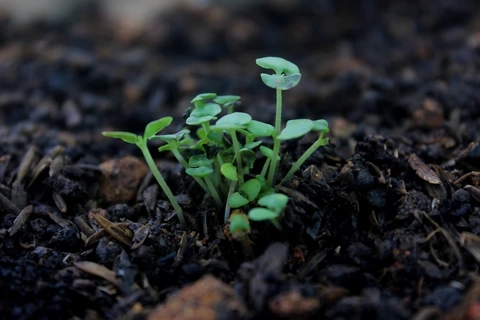
Potassium (K) essentially plays a major role in plant physiological processes. Therefore, it is required in large amounts for proper growth and reproduction in plants.
It is considered vital after nitrogen as far as nutrients needed by plants is concerned. It is also termed "the quality nutrient" for its contributing factor in a number of biological and chemical processes in plants.
Here is why Potassium is important in plants:
Potassium regulates the opening and closing of stomata thus regulating the uptake of CO2 thus enhancing photosynthesis.
It triggers activation of important biochemical enzymes for the generation of Adenosine Triphosphate (ATP). ATP provides energy for other chemical and physiological processes such as excretion of waste materials in plants.
It plays a role in osmoregulation of water and other salts in plant tissues and cells.
Potassium also facilitates protein and starch synthesis in plants.
It activates enzymes responsible for specific functions.
What is Potassium Deficiency in Plants?
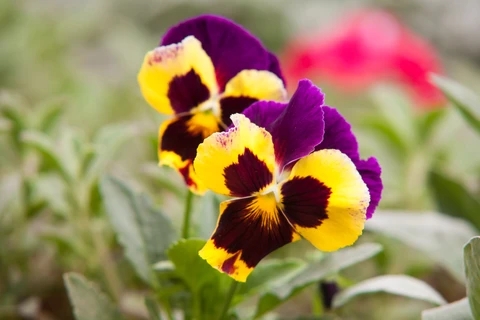
Regardless of its availability from soils, potassium deficiency may occur and might start from the lower leaves and progress towards other vital parts of the plants.
Deficiency might cause abnormalities in plants affecting reproduction and growth. Severity depends on with the type of plant and soil.
Some potassium deficiency symptoms may include:
Chlorosis: May cause yellowing of leaves, the margin of the leaves may fall off, and also lead to shedding and defoliation of the leaves.
Stunted growth: Potassium being an important growth catalyst, its deficiency or insufficient might lead to slow growth or poor developed roots and stems.
Poor resistance to ecological changes: Reduced availability of potassium will directly result in less fluid circulation and trans-location of nutrients in plants. This will directly make plants susceptible to temperature changes.
What is the Importance of Potassium in Agriculture?
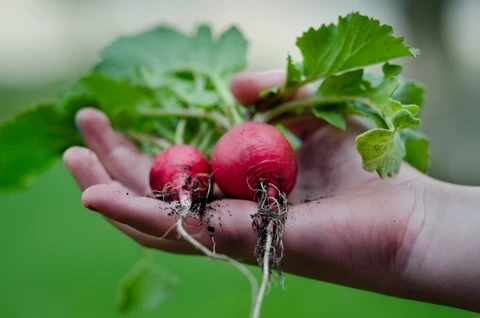
Potassium is important in agriculture and soil gardening. It is used as a constituent in artificial fertilizers.
Potassium fertilizers have been seen to increase crop yields, enhance production of grains rich in starch and protein content of plants.
Additionally, potassium fertilizers may help improve plants immunity to weather changes, diseases, and nematodes.
Potassium is majorly used in hydroponics to improve root growth and enhance drought tolerance. It also enhances the building of cellulose and thus reduces lodging.
